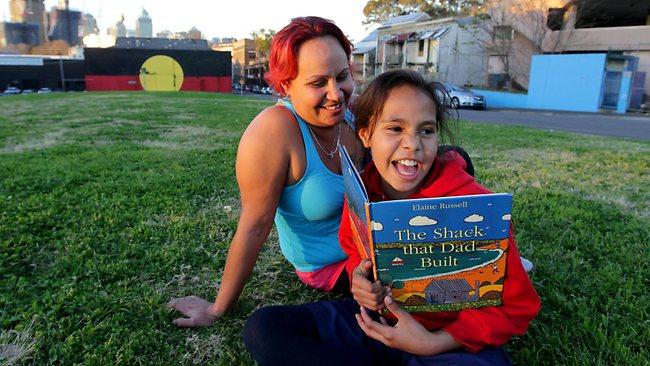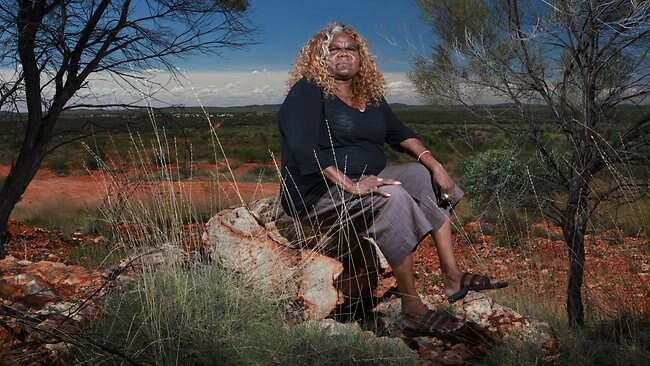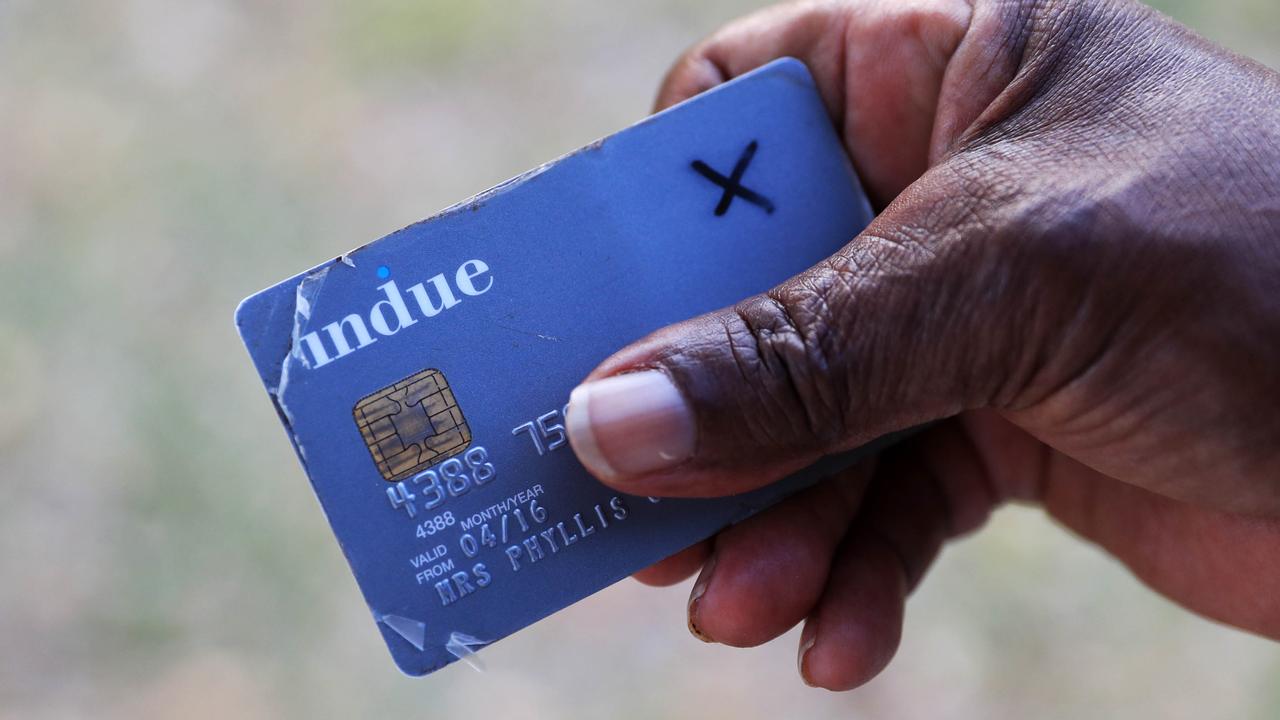Literacy solutions not black and white, say experts
A MISTAKEN belief that reading programs for indigenous children need to be culturally appropriate has hampered improvement in their literacy skills.

A MISTAKEN belief that reading programs for indigenous children need to be culturally appropriate has hampered improvement in their literacy skills, education experts said yesterday in response to a report by the NSW Auditor-General showing no significant progress during the past 10 years.
Reading researcher and literacy reformer Kevin Wheldall and indigenous educator Chris Sarra cited a perceived need for culturally appropriate programs and a failure to examine the effectiveness of teaching strategies as reasons for the lack of progress in improving literacy among Aboriginal children. Professor Wheldall is the developer of the remedial reading program MULTILIT at Sydney's Macquarie University that has been used successfully in indigenous communities including Cape York in Queensland and Redfern in Sydney.
He said the idea that Aboriginal children learned differently was pervasive through the education community, but he thought it was "quite racist". "All the reviews of the research conclude there's no evidence for different learning styles, we all tend to learn pretty much the same way," Professor Wheldall said.
"What all kids need is effective instruction and there's research that has determined the basic tenets.
"It's systematic, direct and intensive, and it's the same regardless of whether you're Aboriginal or not."
Casey Smith, a teacher at inner Sydney's Darlington Public School, agreed, saying all children needed to be engaged as an individual, "regardless of their culture".
The school, which has 18 per cent indigenous students, including 10-year-old Wandjina Smith, prides itself on lifting indigenous literacy by nurturing students' different creative and sporting strengths, lifting their confidence and their desire to learn.
Wandjina's teachers say they focused on her love of Koori dancing but the aspiring actress said she most enjoyed "writing".
NSW Auditor-General Peter Achterstraat found no evidence that the state will meet its goals of closing the gap in literacy scores between Aboriginal and non-Aboriginal students by 2016 or its revised goal of halving the gap by 2018. The report says almost 60 per cent of the state's public schools with more than 5 per cent Aboriginal students have a significant gap of more than 30 points in literacy scores, with schools in major cities and inner regional areas just as likely to have a major gap as schools in more remote areas.
"Despite efforts to close the gap, it has shown no signs of diminishing. Given that the Aboriginal population growth is double that of the general population, it is likely that there will be increasing numbers of Aboriginal students falling behind," it says.
Dr Sarra, director of the Stronger Smarter Institute, said the mechanics of learning to read were the same for every child but the idea that programs had to be culturally appropriate had clouded progress. "Sometimes as a profession we can become crippled by our own sensitivity and we don't see the students for the black faces in the room," he said.
"We can overcompensate, and confuse being culturally sensitive with watering down expectations."
The NSW report is the latest in a series around the nation revealing a lack of progress in lifting standards to the level of the rest of the community. The Closing the Gap report in February cited incremental progress while a report by the Centre for Independent Studies in June said the only states making progress were Queensland and Western Australia.
The Victorian Auditor-General released a savage criticism in June last year of a $30m program to lift attendance, literacy and numeracy skills among indigenous students, saying it was poorly implemented and the department was unable to measure its effect.
The NSW report also says the state department does not routinely evaluate the cost-effectiveness of its programs.
NSW Education Minister Adrian Piccoli first raised similar concerns in January and again yesterday, saying the department was starting to initiate change.



